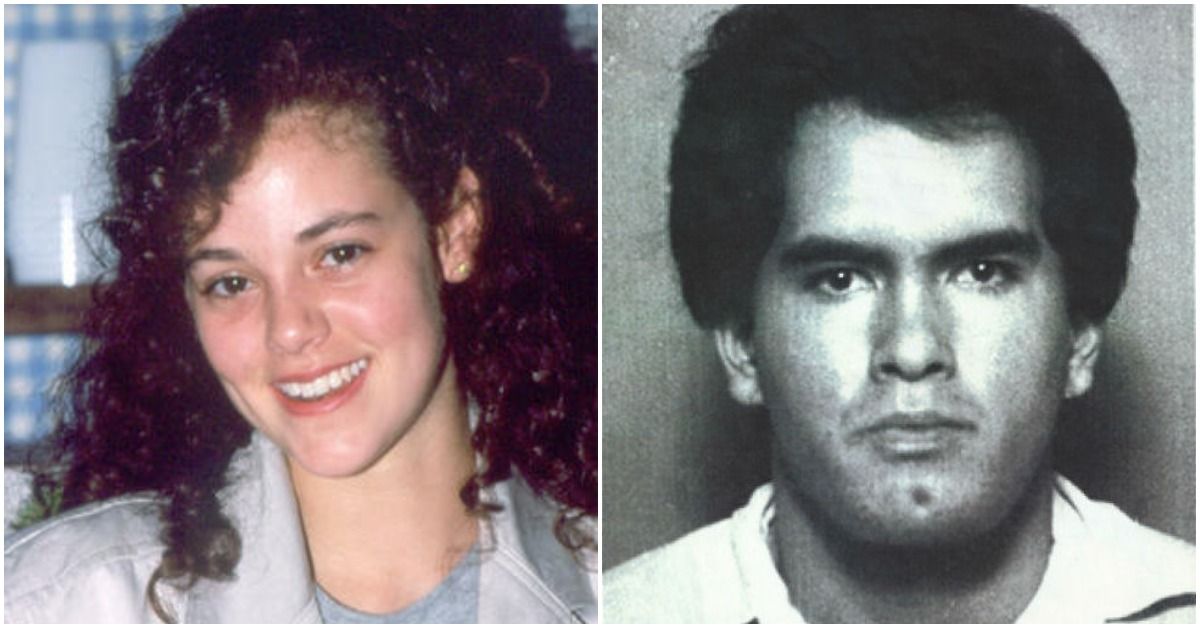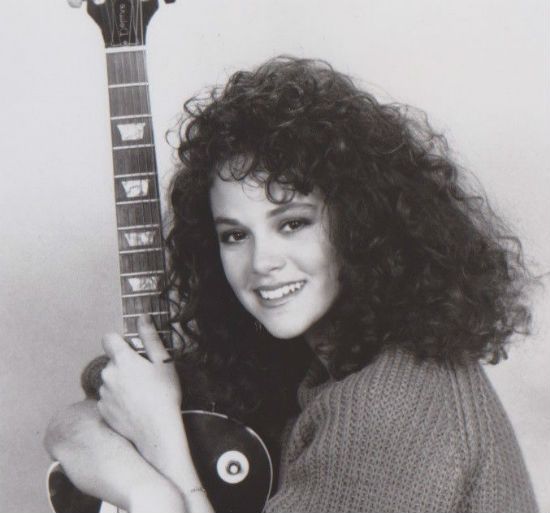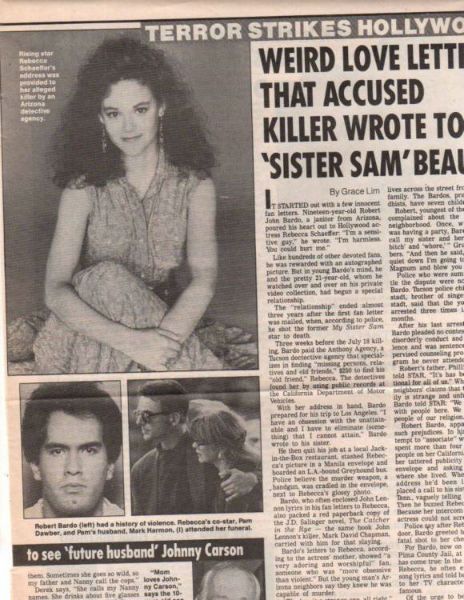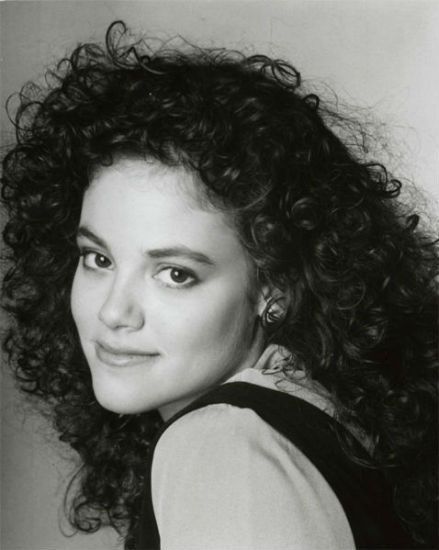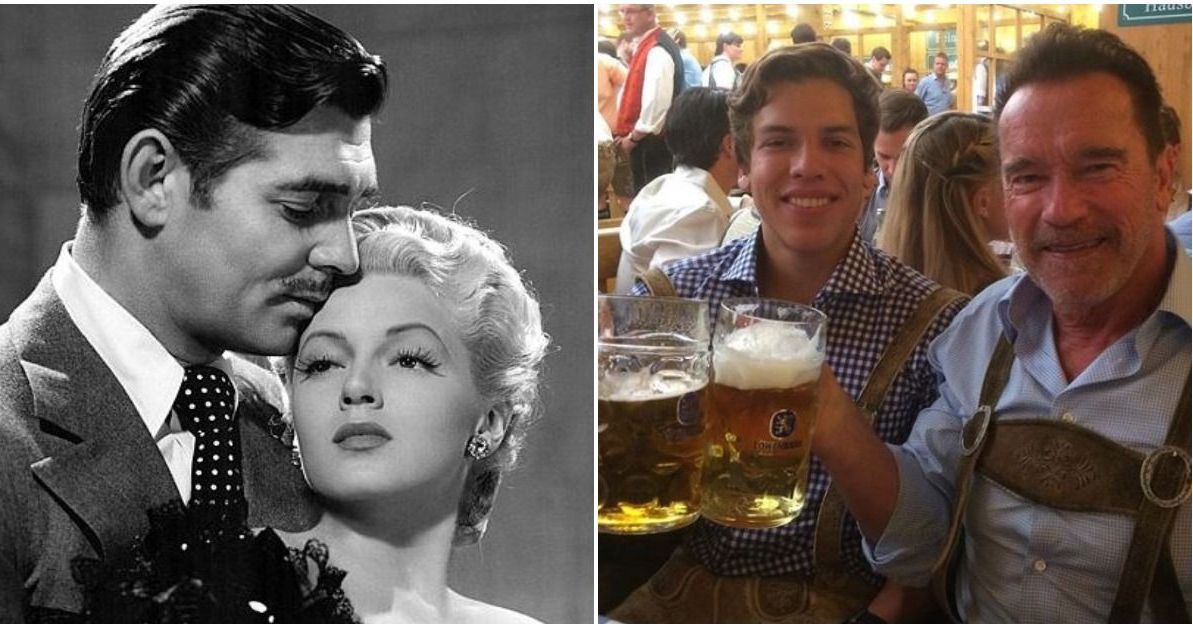Everything was going right for Rebecca Schaeffer, until the very last moment of her young life.
At just 21, she was already one of Hollywood's rising stars. And on July 18, 1989, she was waiting at home for a courier to deliver her script for The Godfather: Part III.
But the man who knocked at Schaeffer's door that morning was not a courier.
He shot and killed the actress, leaving her asking just one question over and over as she died, "Why? Why?"
A Rising Star Shot Down
Despite her young age, Schaeffer was not new to the entertainment business when she met her tragic end.
At 16, she had left her home in Oregon to pursue a modeling and acting career in New York City.
After appearing on magazines like Seventeen, Schaeffer landed small movie roles and a even regular part on the CBS series My Sister Sam.
By 21, Schaeffer was a rising star being considered for lead roles in hit films like Pretty Woman. But the actress was described as "sensitive" and "quiet' by those who knew her.
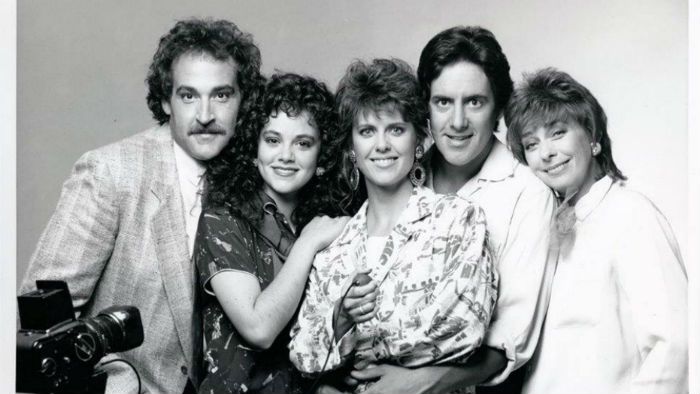
As one of her close friends later said, Schaeffer "didn't have an enemy in the world."
Which made her murder in broad daylight, in her upscale West Hollywood neighborhood, so bizarre.
Only a few people correctly guessed that an obsessed fan had been the one to kill Schaeffer.
Her neighbors later remembered a "weird" man walking their street the morning of July 18, carrying a publicity still of Schaeffer and asking if anyone knew where she lived.
The Stalker
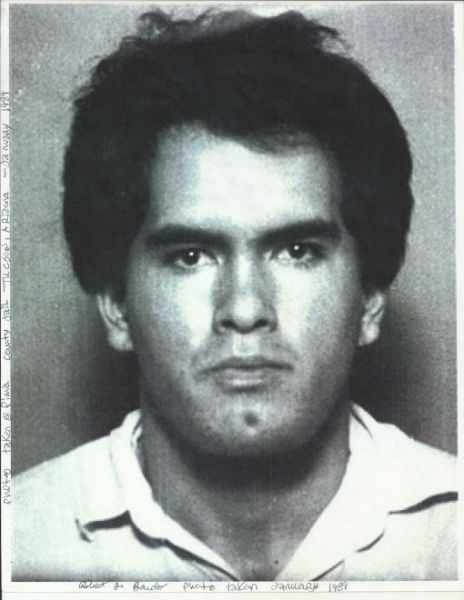
The man Schaeffer's neighbors had seen was Robert John Bardo, then 19. But he was no "fan" of Schaeffer, Bardo was a full blown stalker.
While he also obsessed over pop stars like Debbie Gibson and Madonna, Schaeffer was Bardo's dream girl, and he had spent years tracking her every move.
The killer fan later revealed that seeing Schaeffer in bed with another actor on screen had driven him to his breaking point.
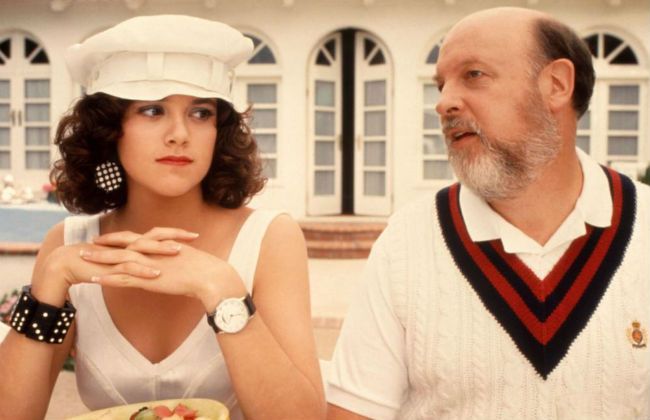
Bardo had traveled to Los Angeles from his home in Tucson, Arizona, and hired a private investigator to track down Schaeffer for just $300.
He had learned the trick from the highly publicized attack on actress Theresa Saldana by her own stalker, who had also obtained her address through a private investigator.
Schaeffer's home address was easily discovered through the DMV, and Bardo killed her there after the actress told him to leave and never come back.
Schaeffer's mother, Danna, still remembers receiving a call from ABC executive Tom Nunan that morning. She guessed that Nunan wanted her help to plan "a surprise party for Schaeffer."
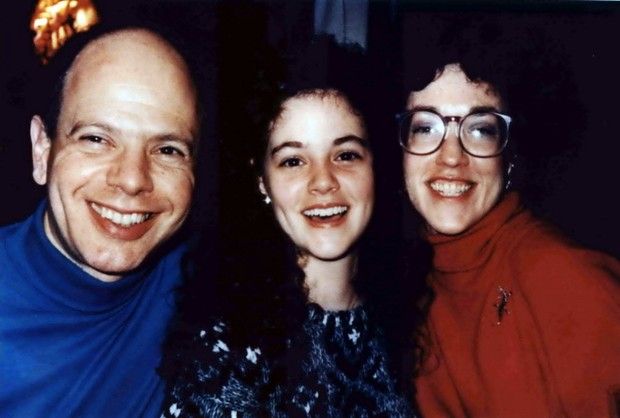
"Mrs. Schaeffer, I have terrible news," he said. "This morning Rebecca was shot and killed."
In a panic, Danna called one of her daughter's agents, who could not get a word out through his tears.
"I could just hear him sobbing. And that's when I knew."
"A Tipping Point" For Stalking Victims
News of Schaeffer's senseless murder inspired action nationwide, including a wave of groundbreaking anti-stalking laws.
"We weren't aware of the ripples going out right after Rebecca died," he boyfriend Brad Silberling told Entertainment Weekly. "But it was an earthquake."
California quickly passed laws to prevent the DMV from releasing addresses in the wake of Schaeffer's murder.
The LAPD also formed the country's first team specializing in stalking, and a captain for the police department called Schaeffer's death "a tipping point."
The first nationwide anti-stalking legislation, the Driver's Privacy Protection Act of 1994, was also directly inspired by her murder.
"It's no consolation," said actor Brad Pitt, who lived on Schaeffer's street at the time of her murder, "but the impact of her loss and the sense of awareness and safety for younger actors was huge."
But Danna Schaeffer does not take much consolation from the lasting impact of her daughter's death.
"Yes, on a very nuts-and-bolts level it changed Hollywood," she said, "but Rebecca was not a soldier fighting for a cause. She didn't choose this."
Bardo pleaded guilty to capital murder, and is currently serving a life sentence without the possibility of parole.
Obsessed Fans Who Killed
While Schaeffer's murder brought nationwide awareness to the risk of stalking, it was sadly not the first or last murder of a celebrity by an obsessed fan.
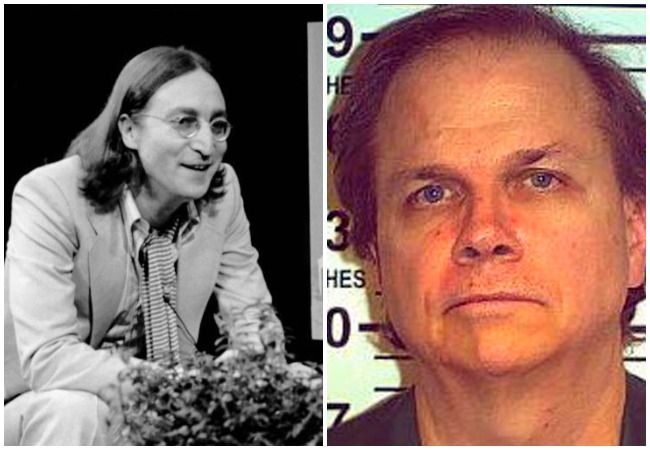
Singer, songwriter, and former Beatles member John Lennon was shot and killed outside his New York apartment in 1980.
His killer, Mark David Chapman, had once been a Beatles fan but grew to hate the songwriter after becoming religious.
"I would listen to this music and I would get angry at him, for saying that he didn't believe in God... and that he didn't believe in the Beatles," Chapman later explained.
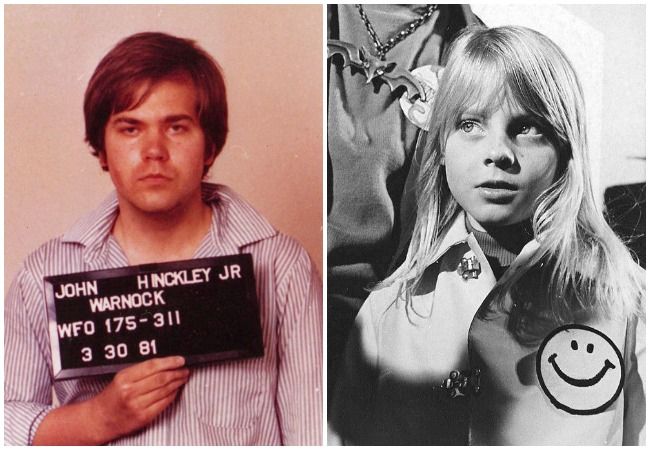
John Hinckley Jr., who attempted to assassinate President Ronald Reagan in 1981, wrote multiple letters to the teenage actress Jodie Foster before committing his crime.
Hinckley was convinced that Foster was also infatuated with him, and believed the infamy of his act would finally unite them
"You'll be proud of me, Jodie," one of his letters read. "Millions of Americans will love me - us."
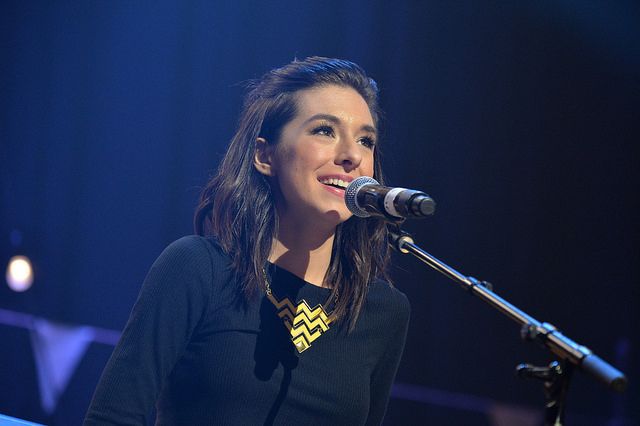
Even today, celebrities are still at risk of being targeted by dangerous fans.
Christina Grimmie, a singer who competed on The Voice, was shot and killed at an autograph signing in 2016, before her murderer took his own life.
Police say Grimmie's killer, James Loibl, was obsessed with the singer, and even got cosmetic surgery in the hopes of making himself more attractive for Grimmie.
